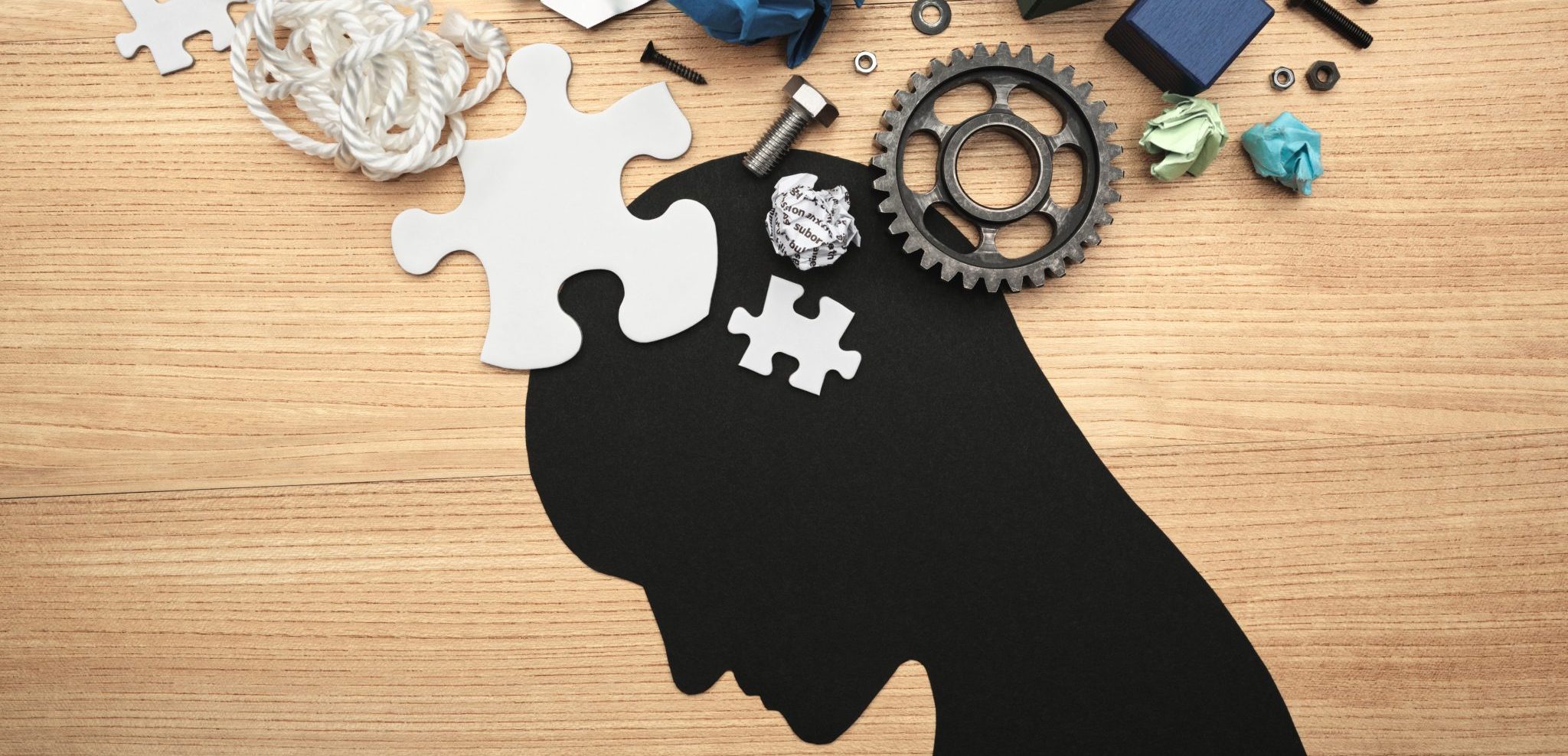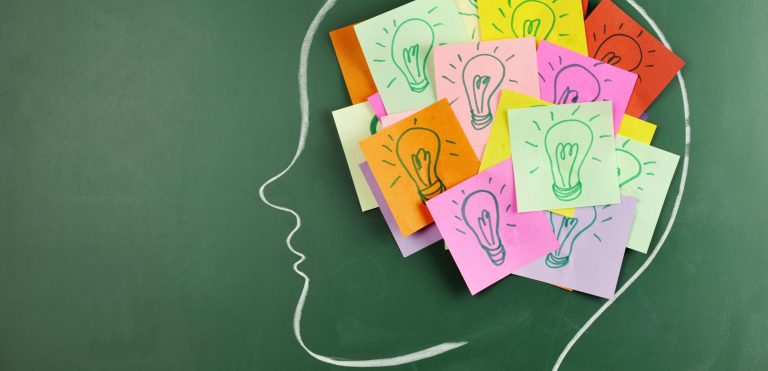Despite a popular opinion, mental conditions (such as depression, or anxiety disorder) are not simply ‘in one’s head’. Indeed, a major part of them is somewhat located in your mind, but all of the mental conditions and disorders are results of a complicated neurological work. Every mental condition is an offspring of both psychology and biology.
Generally, there is nothing wrong about feeling anxious. Anxiety is a healthy emotion for a human. However, anxiety disorder is a serious condition that needs to be treated accordingly. If a person regularly feels irrational fear and enormous levels of anxiety, it could lead to a mental disorder.
By all means, the best course of action is to talk to a doctor. A medical treatment together with therapy are the one of the most effective known ways to deal with troubling mental conditions. However, there is a space left for other means of assistance – what can you do to help yourself deal with anxiety?
Knowing that anxiety has roots in your brain, you can help your nervous system to calm – this is when your heart rate slows down, breath becomes deeper, and, consequently, you feel calmer. This is where the term vagus nerve anxiety comes on stage. It turns out this part of your body has a lot to tell us about the mind-body connection – and we, in our turn, can learn how to use it to reach positive effects.
So, what is vagus nerve and how its’ stimulation can bring benefits to your mental state? Let’s find out.
Vagus nerve: influence on health
Vagus nerve is a long nerve that starts from the base of your brain, goes through the neck – and then descends all the way down to your abdomen. It branches in the chest area, touching almost every major organ on its way down – including the heart. Vagus nerve is involved in regulation of breathing, heartbeat, muscle work, digestion process, and much more.
Although many of its functions are already known to scientists, there is still a lot to figure out about this part of human body. We do know something: it plays a huge role in the ‘gut-brain’ connection, and it is a major regulator of parasympathetic nervous system (the one outside the spinal cord and brain). But what does it have to do with anxiety?
Vagus nerve, anxiety attacks: the connection
In the beginning of 1920s, it was discovered that stimulating the vagus nerve causes the heart rate to slow down. Its electrical stimulation has been proven to lower the rate of epileptic seizures. Nowadays researches think that the strength of your vagus nerve – or, as called, your vagal tone – could be directly connected to your metabolism, immune system, and healthy emotional regulation.
Therefore, low vagal tone is associated with depression, poor emotional health, inflammations, and even your body’s resistance to stress factors. Healthy vagal tone, on the contrary, is connected by some to the good level of psychological well-being and emotional balance.
Fortunately for us, we don’t need extra methods such as electrical stimulation to trigger our vagus nerve – anxiety symptoms could be helped even by things that look insignificant at first.
Play on your own nerves: means of self-help
As trivial as they might seem, those methods do not merely work with your awake consciousness – they are giving your vagus nerve a good boost on a neurobiological level. Of course, sometimes advice like this does not seem reasonable, but it’s almost always worth a try. Even if right now you don’t think that any of those might help – save the tips for later, and they might eventually come in handy.
If you have been struggling with anxiety for a long time and no means of self-help seem to be improving that, please, consider talking to therapist about other ways of treatment.
1. Breathing
This nerves’ function is directly connected to your breathing. Slow, deep breaths have always been known as a major method of self-calming, and it has long been used in many religions. Deep breathing is also one of the main foundations of meditation and yoga practices. If you’re feeling anxious, try to focus on your breath for a minute or two, make deep, slow inhales and exhales.
2. Laughter
Studies show that laughter is directly connected to an increase of vagus nerve activity. Laughter is a natural way of relaxing your organism, so if you feel it coming – don’t hold back.
3. Music
Music, especially singing yourself, has proven to have a soothing effect on your organism. This is exactly what you need to make an impact on your vagus nerve: anxiety attacks and panic attacks might need a different kind of treatment, considering then being quite intense for your body and mind, but low and mild anxious feelings could be helped with singing.
4. Cold temperature exposure
Without being extra about it – a hot-to-cold shower can really boost your peripheral nervous system. And, as we already know, peripheral nervous system is majorly regulated by vagus nerve.
5. Intermittent fasting
When you are fasting, your body puts itself into an energy-saving mode. Some scientists connect restrictive diets and fasting to activation of the vagus nerve – if you always wanted to try fasting, this is another reason to think about it.
6. Probiotics
Weird as it seems, probiotics can actually activate your vagus nerve – considering the big role it plays in the gut-brain connection, it doesn’t sound that strange at all.





